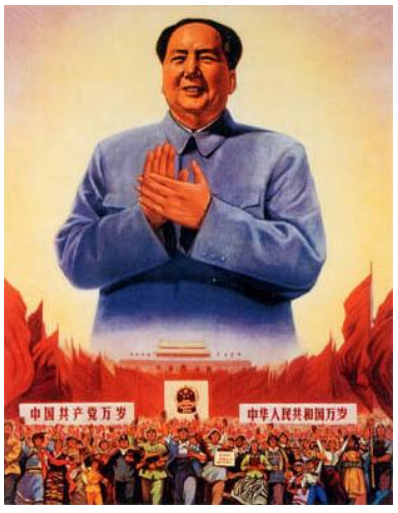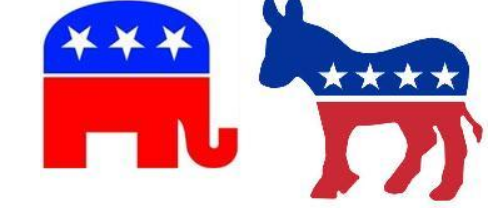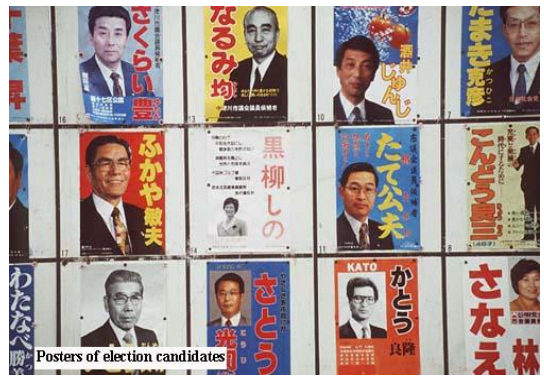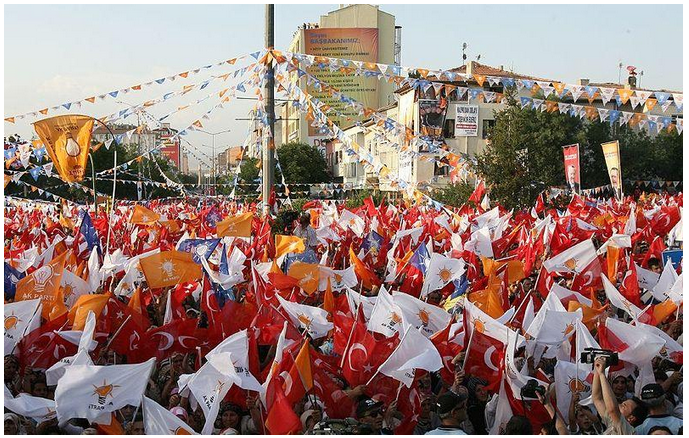
How Many Parties Should We Have
Political Parties of Class 10
How Many Parties Should We Have
ONE-PARTY SYSTEM:
A one-party system cannot produce a political system as we would identify it in Britain. One party cannot produce any other system other than autocratic/dictatorial power. A state where one party rules would include the remaining communist states of the world (Cuba, North Korea and China), and Iraq (where the ruling party is the Ba’ath Party). The old Soviet union was a one party state. One of the more common features of a one-party state is that the position of the ruling party is guaranteed in a constitution and all forms of political opposition are banned by law. The ruling party controls all aspects of life within that state. The belief that a ruling party is all important to a state came from Lenin who believed that only one party - the Communists - could take the workers to their ultimate destiny and that the involvement of other parties would hinder this progress.
 d
d
TWO-PARTY SYSTEM:
As the title indicates, this is a state in which just two parties dominate. Other parties might exist but they have no political importance. America has the most obvious two-party political system with the Republicans and Democrats dominating the political scene. For the system to work, one of the parties must obtain a sufficient working majority after an election and it must be in a position to be able to govern without the support from the other party. A rotation of power is expected in this system. The victory of George W Bush in the November 2000 election, fulfils this aspect of the definition.

THE MULTI-PARTY SYSTEM:
As the title suggests, this is a system where more than two parties have some impact in a state’s political life. Though the Labour Party has a very healthy majority in Westminster, its power in Scotland is reasonably well balanced by the power of the SNP (Scots Nationalist Party); in Wales within the devolutionary structure, it is balanced by Plaid Cymru; in Northern Ireland by the various Unionists groups and Sein Fein.
Within Westminster, the Tories and the Liberal Democrats provide a healthy political rivalry. Sartori defines a multi-party system as one where no party can guarantee an absolute majority. In theory, the Labour Party, regardless of its current parliamentary majority, could lose the next general election in Britain in 2006. Even its current majority of 167 cannot guarantee electoral victory in the future.
A multi-party system can lead to a coalition government as Germany and Italy have experienced. In Germany these have provided reasonably stable governments and a successful coalition can introduce an effective system of checks and balances on the government that can promote political moderation. Also many policy decisions take into account all views and interests. In Italy, coalition governments have not been a success; many have lasted less than one year. In Israel, recent governments have relied on the support of extreme minority groups to form a coalition government and this has created its own problems with such support being withdrawn on a whim or if those extreme parties feel that their own specific views are not being given enough support
 .
.
DOMINANT-PARTY SYSTEM:
This is different from a one-party system. A party is quite capable within the political structure of a state, to become dominant to such an extent that victory at elections is considered a formality. This was the case under the Conservative governments of Margaret Thatcher and John Major. For 18 years (1979 to 1997), one party dominated politics in Britain.
In theory, the Conservatives could have lost any election during these 18 years. But such was the disarray of the opposition parties - especially Labour - that electoral victory was all but guaranteed. The elections of the 1980’s and 1990’s were fought with competition from other parties - hence there can be no comparison with a one-party state. During an extended stay in power, a dominant party can shape society through its policies. During the Thatcher era, health, education, the state ownership of industry etc. were all massively changed and re-shaped. Society changed as a result of these political changes and this can only be done by a party having an extended stay in office.

POPULAR PARTICIPATION IN POLITICAL PARTIES:
In India the common perception is, political parties are facing a crisis because they are very unpopular and the citizens are indifferent to political parties.
The available evidence shows that this belief is only partly true for India. The evidence, based on a series of large sample surveys conducted over several decades, shows that:
- Political parties do not enjoy much trust among the people in South Asia. The proportion of those who say their trust in political parties is ‘not much’ or ‘not at all’ is more than those who have ‘some’ or ‘great’ trust.
- The same is true of most other democracies as well. Political parties are one of the least trusted institutions all over the world.
- Yet the level of participation in the activities of political parties was fairly high. The proportion of those who said they were members of some political party was higher in India than many advanced countries like Canada, Japan, Spain and South Korea.
- Over the last three decades the proportion of those who report to be members of political parties in India has gone up steadily.
- The proportion of those who say they feel ‘close to a political party’ has also gone up in India in this period.









